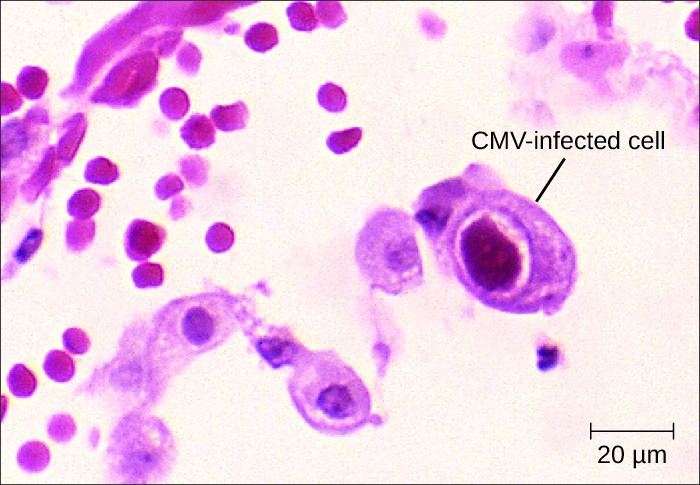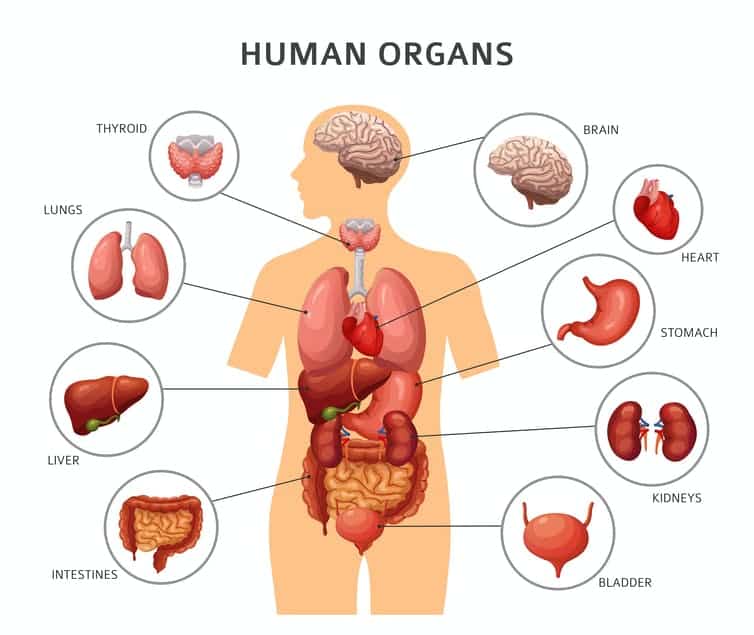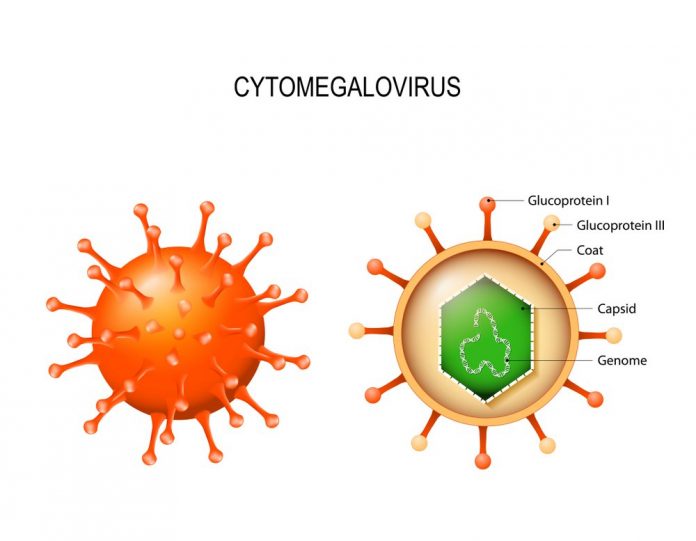Cytomegalovirus is a virus which rarely comes to public attention and is extremely common, with some estimates suggesting that between 50% and 80% of the population are infected. The reason that it goes pretty much unnoticed is that for the vast majority of people it is harmless.

Cytomegalovirus (CMV) is one of the herpes group of viruses, sharing a number of characteristics with chicken pox, the various herpes viruses and the Epstein-Barr virus, which causes glandular fever (infectious mononucleosis). Infection with herpes viruses tends to be lifelong.
How is CMV Caught?
Given the frequency of the infection in the general population, it is clearly transmitted very easily – most people will pick it up in childhood. It can be transmitted through all bodily fluids: saliva, blood, semen, vaginal secretions and breast milk.

Signs and Symptoms of CMV Infection
Although CMV infection is rarely, if ever, eradicated from the body, the immune system keeps it in check; only when immunity is compromised does the virus replicate and cause symptoms. In people with normal immune systems the following are the usual manifestations:
- asymptomatic – no symptoms at all (by far the most common).

- fever, which is usually mild.
- swollen glands – in young people and adolescents, CMV can produce symptoms very like infectious mononucleosis, including swollen glands in the neck and groin, fever and sore throat.
Complications of Cytomegalovirus Infection
In those with compromised immune systems, the features can be more severe with the virus affecting many organs. Immunity can be lowered for a number of reasons, such as fighting off an existing infection so there are just not enough resources to go around, HIV, which attacks the immune system itself, inadequate nutrition and immuno-suppressant drugs as used in organ transplants.

Although uncommon, it’s possible for many organs and systems to be affected in the following ways:
- nervous system – encephalitis, Guillain-Barre syndrome.
- liver – impaired function, hepatitis
- blood – haemolytic anaemia, platelet deficiency
- heart – pericarditis
- lungs – pneumonia
- intestinal tract – ulceration

Cytomegalovirus in Pregnancy
Cytomegalovirus is the biggest cause of acquired infection in unborn babies. It usually occurs when the mother has not previously been infected – those with the infection of course have immunity to it and pass this on to the child.
Many babies affected by cytomegalovirus will be stillborn. The affects on a surviving child can vary from mild to severe learning difficulties, hearing loss and various neurological problems.

Maybe you like: What Your Doctor is Looking For During a Colonoscopy
Cytomegalovirus and Blood Pressure
One aspect of the virus that has come to the attention of the news media lately is its possible relationship to cardiovascular health. A study on mice by workers in Israel and reported in PloS Pathogens suggests that cytomegalovirus may cause high blood pressure and promote atherosclerosis.

This is interesting in that the findings tend to support the ideas of those such as Dr. Uffe Ravnskov, who reject the hypothesis that atherosclerosis is caused by high cholesterol, suggesting instead that the condition is the result of an inflammatory process in response to infection.


















